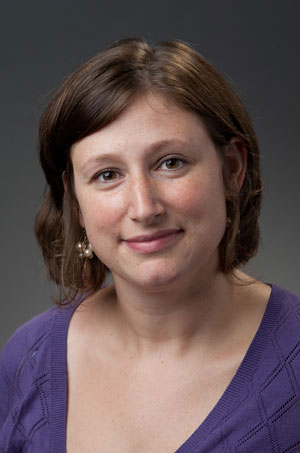Faculty Profile
Tiffany Frey
Associate Professor of Biology (2011)Contact Information
Rector Science - James Hall
717-254-8037
Bio
I have been studying inflammation since 2003 when I started my dissertation research at Johns Hopkins University School of Medicine in the Department of Pediatric Surgery. I have studied inflammation in various settings over the years including sepsis, lung infection, diabetes, and autoinflammatory diseases. My primary interest is how products of the cholesterol biosynthetic pathway affect the response of monocytes and macrophages to the inflammatory stimulus lipopolysaccharide (LPS), which is a component of Gram-negative bacteria such as Klebsiella pneumoniae and Escherichia coli. I am currently focused on how the depletion of non-sterol isoprenoids produced by the cholesterol biosynthetic pathway causes the inflammatory symptoms (such as fever, rash, and joint pain) associated with the rare autoinflammatory disease mevalonate kinase deficiency (MKD). We model this disease in mouse and human cells by blocking the cholesterol pathway with various drugs followed by stimulation with LPS. A number of inflammatory phenotypes are altered when we block the cholesterol pathway including the expression of inflammatory genes (cytokine mRNAs and miRNAs that regulate inflammatory pathways), trafficking and release of acute phase proteins such as CD14, and levels of extracellular vesicles. Our goal is to understand the causes of these alterations, which will lead to a deeper understanding of inflammation in various disease settings.
Education
- B.S., The Pennsylvania State University, 2000
- Ph.D., Johns Hopkins University School of Medicine, 2008
